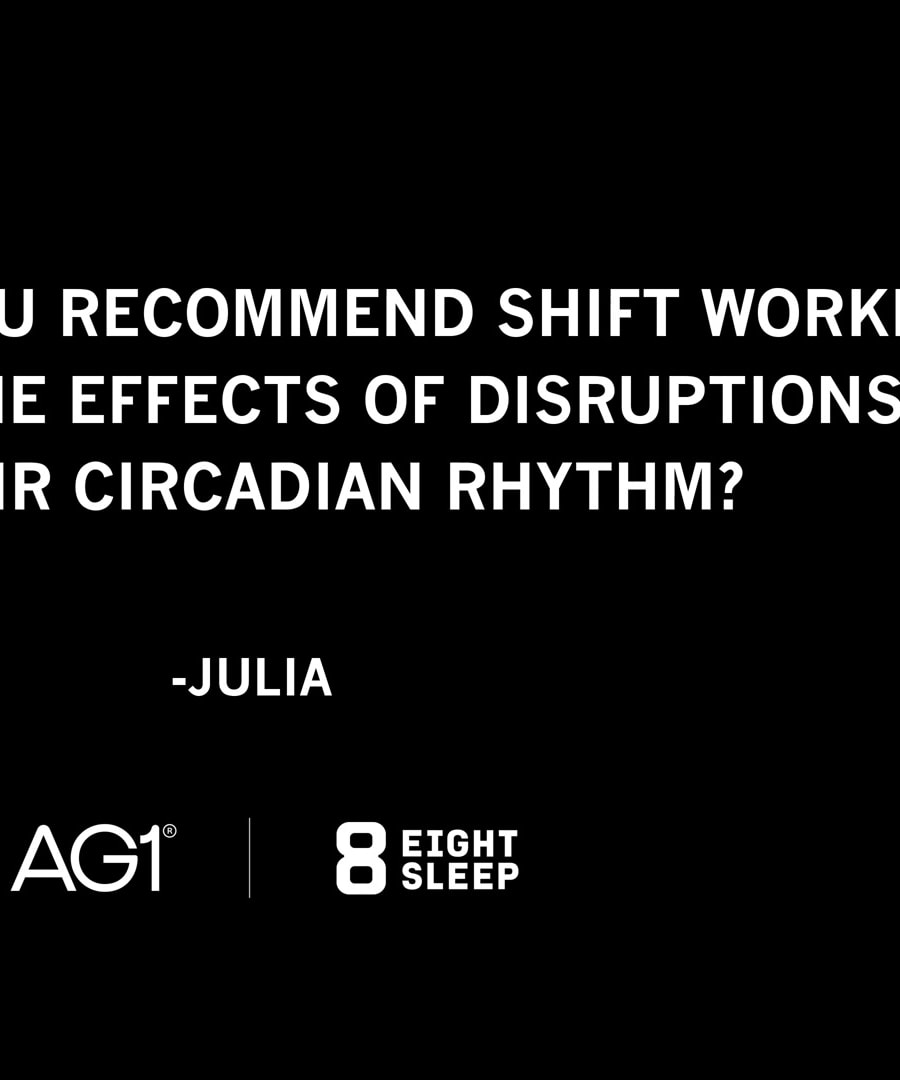The interaction between the renin-angiotensin-aldosterone system (RAAS) and the sympathetic nervous system plays a significant role in regulating blood pressure, particularly in response to changes in sodium intake. This interplay is crucial for individuals with conditions like essential hypertension and renal dysfunction.
-
RAAS and Blood Pressure Regulation: RAAS affects blood pressure by controlling blood volume and systemic vascular resistance. When sodium intake is low, renal perfusion decreases, initiating the release of renin. This leads to the production of angiotensin II, which constricts blood vessels and stimulates aldosterone release, thereby retaining sodium and increasing blood pressure.
-
Sympathetic Nervous System Activation: The sympathetic nervous system also influences blood pressure by inducing vasoconstriction and increasing heart rate and cardiac output. It works in tandem with the RAAS, where acute stress or drop in blood pressure can stimulate renin release, further activating RAAS.
-
Implications for Essential Hypertension and Renal Dysfunction:
- Essential Hypertension: Overactivity of these systems can lead to or exacerbate hypertension. People with this condition may be more sensitive to salt intake, as their RAAS and sympathetic nervous system are already prone to overactivity, which can further elevate blood pressure.
- Renal Dysfunction: In kidney disease, the decreased ability to excrete sodium can perpetuate activation of RAAS and sympathetic responses, worsening hypertension and further impairing renal function.
Understanding and managing the influences of these systems is crucial for treating hypertension and protecting kidney health, especially in those with compromised renal function. Monitoring and adjusting sodium intake, along with medications targeting these pathways, are typical strategies used to manage these conditions. However, specific details on the interaction mentioned aren't directly covered in the cited episodes.








